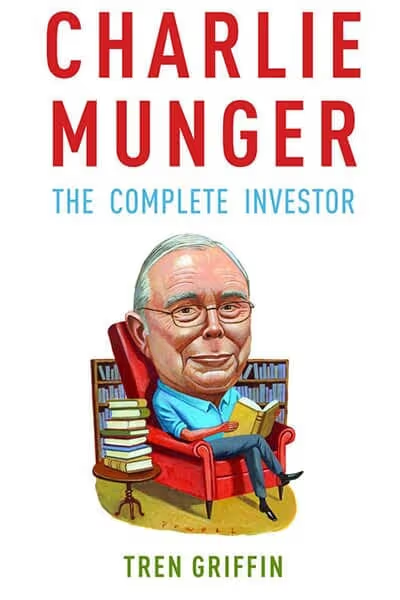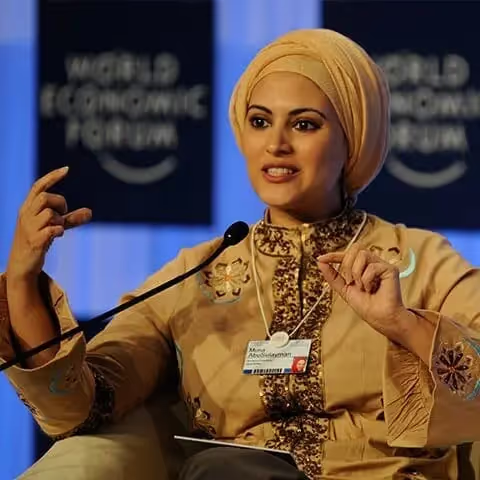
“The said interest shall be divided into five equal parts, which shall be apportioned as follows: /- – -/ one part to the person who shall have produced in the field of literature the most outstanding work in an ideal direction …” (Excerpt from the will of Alfred Nobel)
Alfred Nobel had broad cultural interests. During his early youth, he developed his literary interests which lasted throughout his life. His library consisted of a rich and broad selection of literature in different languages. During the last years of his life, he tried his hand as an author and began writing fiction. Literature was the fourth prize area Nobel mentioned in his will.
Below is a list of books written by Nobel Prize winners sorted by most recent.
The Nobel Prize in Literature for 2022 has been awarded to the French author Annie Ernaux "for the courage and clinical acuity with which she uncovers the roots, estrangements and collective restraints of personal memory."
To exist is to drink oneself without thirst.
The Years is a personal narrative of the period 1941 to 2006 told through the lens of memory, impressions past and present—even projections into the future—photos, books, songs, radio, television and decades of advertising, headlines, contrasted with intimate conflicts and writing notes from 6 decades of diaries.
Local dialect, words of the times, slogans, brands and names for the ever-proliferating objects, are given voice here. The voice we recognize as the author's continually dissolves and re-emerges. Ernaux makes the passage of time palpable. Time itself, inexorable, narrates its own course, consigning all other narrators to anonymity. A new kind of autobiography emerges, at once subjective and impersonal, private and collective.
On its 2008 publication in France, The Years came as a surprise. Though Ernaux had for years been hailed as a beloved, bestselling and award-winning author, The Years was in many ways a departure: both an intimate memoir "written" by entire generations, and a story of generations telling a very personal story. Like the generation before hers, the narrator eschews the "I" for the "we" (or "they", or "one") as if collective life were inextricably intertwined with a private life that in her parents' generation ceased to exist. She writes of her parents' generation (and could be writing of her own book): "From a common fund of hunger and fear, everything was told in the "we" and impersonal pronouns."
The Nobel Prize in Literature 2021 was awarded to Abdulrazak Gurnah "for his uncompromising and compassionate penetration of the effects of colonialism and the fate of the refugee in the gulf between cultures and continents"
Respect yourself and others will come to respect you. That is true about all of us, but especially true about women. That is the meaning of honour.
Sold by his father in repayment of a debt, twelve-year-old Yusuf is thrown from his simple rural life into complexities of pre-colonial urban East Africa. Through Yusuf's eyes, Gurnah depicts communities at war, trading safaris gone awry, and the universal trials of adolescence. The result is what Publishers Weekly calls a "vibrant" and "powerful" work that "evokes the Edenic natural beauty of a continent on the verge of full-scale imperialist takeover."
The Nobel Prize in Literature 2020 was awarded to Louise Glück "for her unmistakable poetic voice that with austere beauty makes individual existence universal"
I don’t need your praise to survive. I was here first, before you were here, before you ever planted a garden. And I’ll be here when only the sun and moon are left, and the sea, and the wide field.
Bound together by the universal themes of time and mortality and with clarity and sureness of craft, Louise Glück's poetry questions, explores, and finally celebrates the ordeal of being alive.
The Nobel Prize in Literature 2019 was awarded to Peter Handke "for an influential work that with linguistic ingenuity has explored the periphery and the specificity of human experience"
Horror is something perfectly natural: the mind’s emptiness. A thought is taking shape, then suddenly it notices that there is nothing more to think. Whereupon it crashes to the ground like a figure in a comic strip who suddenly realises that he has been walking on air.
So opens A Sorrow Beyond Dreams, Handke's reckoning with his mother's life--which spanned the rise of the Nazis, World War II, and postwar suffering--and death. Both stark and lyrical, full of love, anger, admiration, and a keen sense of history, this slim book reveals Handke at his most lucid and direct. It is the most moving and accessible work in his distinguished career; it is "indispensable" (Bill Marx, The Boston Globe).
The Nobel Prize in Literature 2018 was awarded to Olga Tokarczuk "for a narrative imagination that with encyclopedic passion represents the crossing of boundaries as a form of life"
You know what, sometimes it seems to me we're living in a world that we fabricate for ourselves. We decide what's good and what isn't, we draw maps of meanings for ourselves... And then we spend our whole lives struggling with what we have invented for ourselves. The problem is that each of us has our own version of it, so people find it hard to understand each other.
In a remote Polish village, Janina devotes the dark winter days to studying astrology, translating the poetry of William Blake, and taking care of the summer homes of wealthy Warsaw residents. Her reputation as a crank and a recluse is amplified by her not-so-secret preference for the company of animals over humans. Then a neighbor, Big Foot, turns up dead. Soon other bodies are discovered, in increasingly strange circumstances. As suspicions mount, Janina inserts herself into the investigation, certain that she knows whodunit. If only anyone would pay her mind . . .
A deeply satisfying thriller cum fairy tale, Drive Your Plow over the Bones of the Dead is a provocative exploration of the murky borderland between sanity and madness, justice and tradition, autonomy and fate. Whom do we deem sane? it asks. Who is worthy of a voice?
The Nobel Prize in Literature 2017 was awarded to Kazuo Ishiguro "who, in novels of great emotional force, has uncovered the abyss beneath our illusory sense of connection with the world"
Until recently, I didn’t think that humans could choose loneliness. That there were sometimes forces more powerful than the wish to avoid loneliness.
Here is the story of Klara, an Artificial Friend with outstanding observational qualities, who, from her place in the store, watches carefully the behavior of those who come in to browse, and of those who pass on the street outside. She remains hopeful that a customer will soon choose her. Klara and the Sun is a thrilling book that offers a look at our changing world through the eyes of an unforgettable narrator, and one that explores the fundamental question: what does it mean to love?
The Nobel Prize in Literature 2016 was awarded to Bob Dylan "for having created new poetic expressions within the great American song tradition"
And if you don’t underestimate me, I won’t underestimate you.
Bob Dylan is one of the most important songwriters of our time, responsible for modern classics such as “Like a Rolling Stone,” “Mr. Tambourine Man,” and “The Times They Are a-Changin’.” The Lyrics is a comprehensive and definitive collection of Dylan’s most recent writing as well as the early works that are such an essential part of the canon. Well known for changing the lyrics to even his best-loved songs, Dylan has edited dozens of songs for this volume, making The Lyrics a must-read for everyone from fanatics to casual fans.
The Nobel Prize in Literature 2015 was awarded to Svetlana Alexievich "for her polyphonic writings, a monument to suffering and courage in our time"
No one had taught us how to be free. We had only ever been taught how to die for freedom.
From the 2015 winner of the Nobel Prize in Literature, Svetlana Alexievich, comes the first English translation of her latest work, an oral history of the disintegration of the Soviet Union and the emergence of a new Russia.
Bringing together dozens of voices in her distinctive documentary style, Secondhand Time is a monument to the collapse of the USSR, charting the decline of Soviet culture and speculating on what will rise from the ashes of Communism.
As in all her books, Alexievich gives voice to women and men whose stories are lost in the official narratives of nation-states, creating a powerful alternative history from the personal and private stories of individuals.
Svetlana Alexievich was born in the Ukraine in 1948 and grew up in Belarus. As a newspaper journalist, she spent her early career in Minsk compiling first-hand accounts of World War II, the Soviet-Afghan War, the fall of the Berlin Wall and the Chernobyl meltdown. Her unflinching work—‘the whole of our history…is a huge common grave and a bloodbath’—earned her persecution from the Lukashenko regime and she was forced to emigrate. She lived in Paris, Gothenburg and Berlin before returning to Minsk in 2011. She has won a number of prizes, including the National Book Critics Circle Award, the Prix Médicis, and the Oxfam Novib/PEN Award. In 2015, she was awarded the Nobel Prize for Literature.
Bela Shayevich is a writer, translator and illustrator. Her translations have appeared in journals such as Little Star, St. Petersburg Review, and Calque. She was the editor of n+1 magazine’s translations of the Pussy Riot closing statements. Of Alexievich’s writing, she says it is ‘resounding with nothing but the truth’.


















.webp)








































